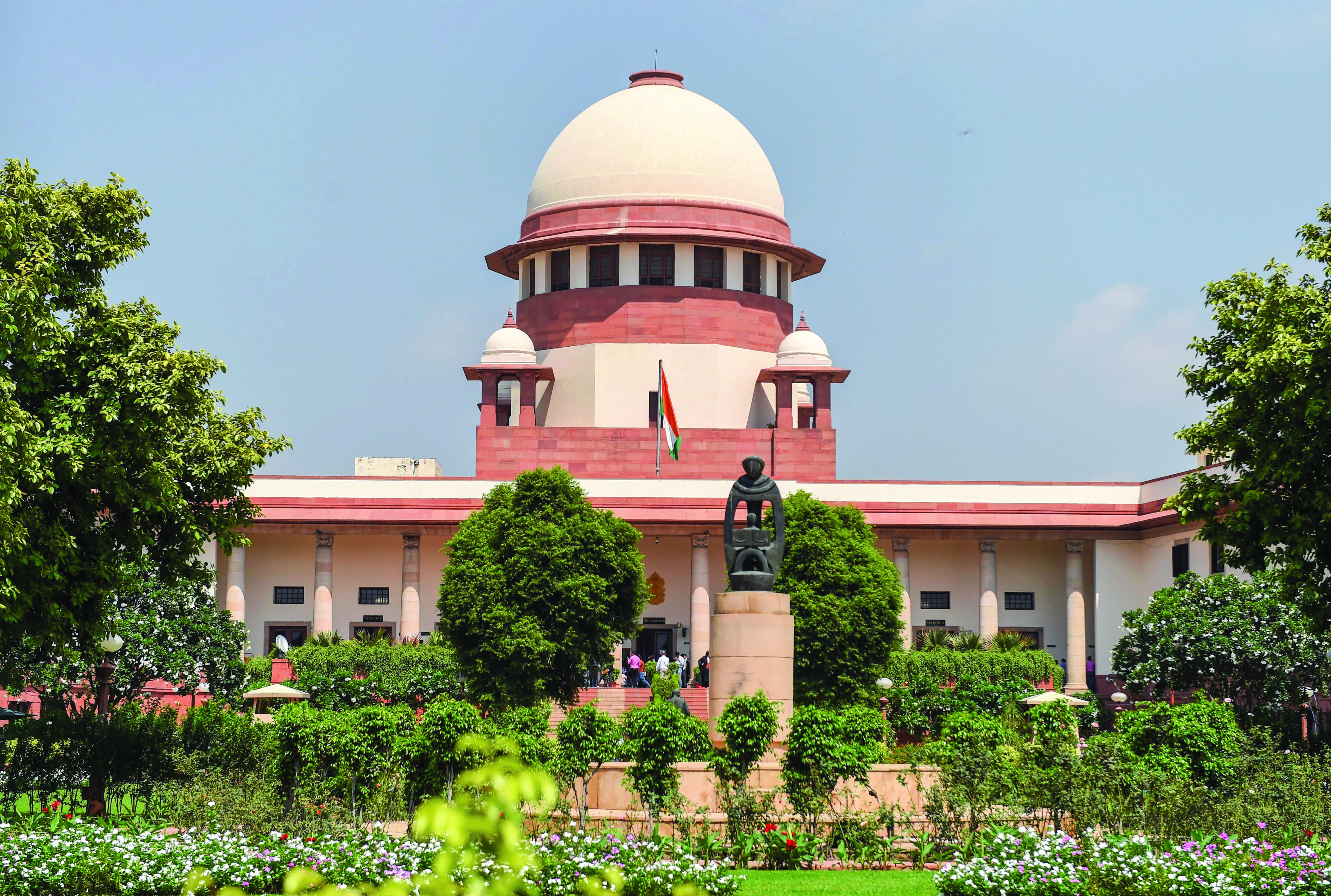SC says changes will apply to searches conducted prior to date of amendment

New Delhi: In a significant judgment on taxation law, the Supreme Court on Thursday held that the amendment brought to Section 153C of the Income Tax Act 1961 by the Finance Act 2015 will retrospectively apply to searches conducted prior to the date of the amendment, i.e, 01.06.2015, reported by LiveLaw on Thursday.
Section 153C allows the revenue department to proceed against a party other than the person who is being searched if incriminating articles against the “other person” is found during the search.
Section 153C initially used the word “belong/belongs to”. So, if any books of accounts or documents which “belong/belongs to” a person other than the person who is being searched is discovered during the search proceedings, Section 153C enabled the department to proceed against the “other person” if the materials indicated undisclosed income or assets.
However, in 2014, the Delhi High Court gave a restrictive meaning to the words “belong/belongs” in Section 153C in the case PepsiCo India Ltd. vs Assistant Commissioner Of Income Tax.
The High Court held that the word used in the Section cannot be confused as “relates to” or “refers to”. The high court held that if photocopies of a document are seized from a person, it cannot be said that the document “belongs” to that person, as the originals are with someone else.
The High Court further held that if a registered sale deed is found during the search premises, it cannot “belong” to the vendor through the
vendor’s name is mentioned there.
To get over the decision of the Delhi High Court, Section I53C was amended by Finance Act 2015 to substitute the words “belong/belongs to” with “pertain/pertains to”. The issue in the present batch of appeals before the Supreme Court was whether this amendment will apply to searches undertaken before the 2015 amendment.
To answer the issue in favour of the revenue, a bench comprising Justices MR Shah and CT Ravikumar placed heavy reliance on the objects and reasons of the 2015 amendment.
The bench noted that the 2015 amendment was specifically brought to remove the basis for the Delhi High Court’s judgment. The amendment was necessitated because of the “narrow and restrictive” meaning given by the Delhi High Court which limited the powers of the revenue to proceed against third parties even if incriminating materials were found against them during the search.
“The said observation of the Delhi HC was coming in the way of suppressing the very mischief which the legislature intended to suppress, which necessitated the amendment to Section 153C”, the court said.
Therefore, the apex court held that it was necessary to give effect to the manifest intention of the legislature while interpreting the provision. Once the primary intention is ascertained and the object and purpose of the legislature is known, it becomes the duty of the court to give a purposive and functional interpretation. The contention of the revenue that Section 153C is a machinery provision and hence its manifest purpose should be given effect was accepted by the court. With agency inputs



